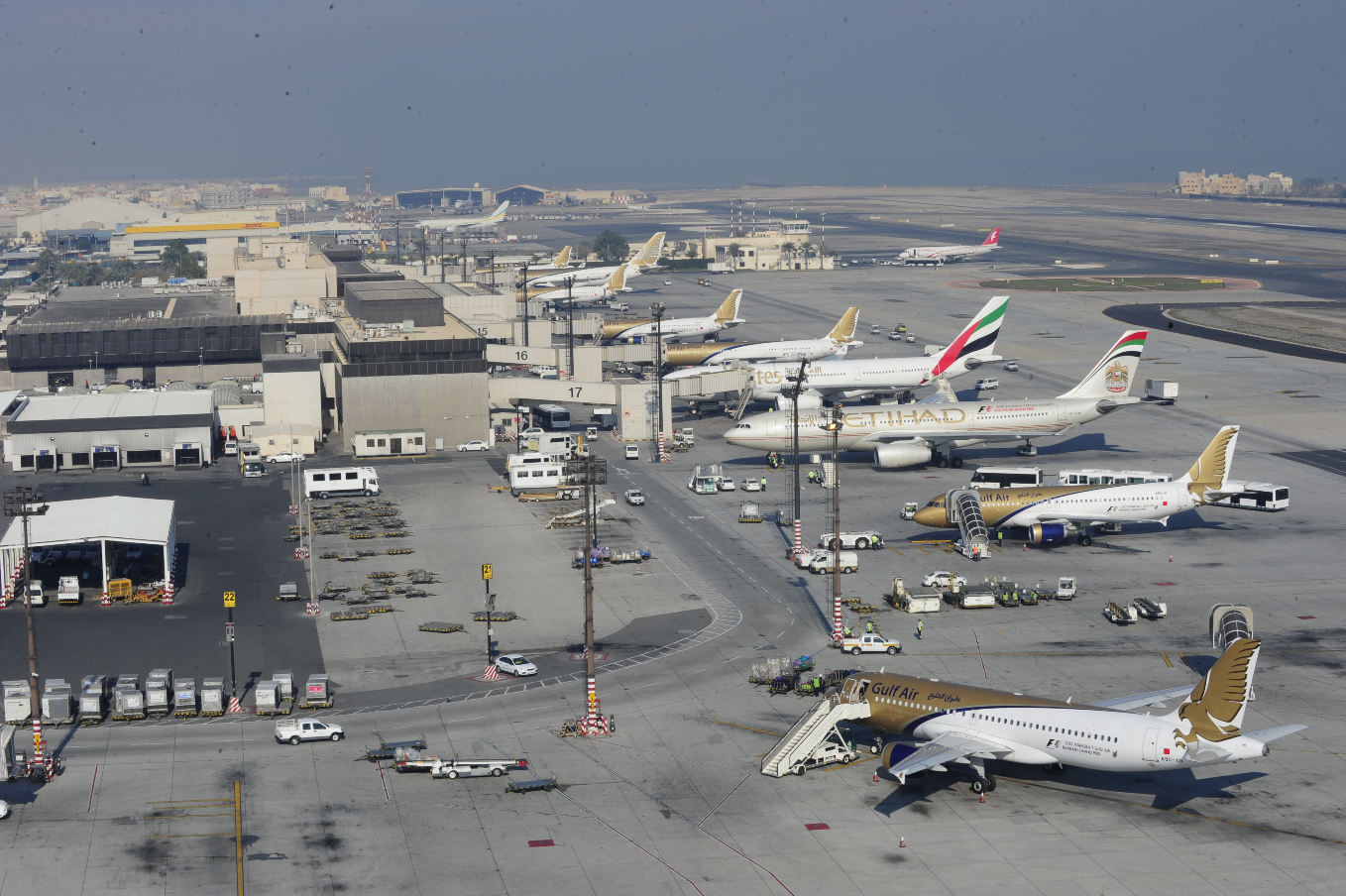The International Air Transport Association sees global industry net profit rising to $38.4bn in 2018, an 11% improvement from the $34.5bn expected in 2017.
The International Air Transport Association (IATA) forecasts global industry net profit to rise to $38.4bn in 2018, an 11% improvement from the $34.5bn expected in 2017.
Highlights of expected 2018 performance include:
- slight decline in operating margin, to 8.1% (vs 8.3% in 2017),
- 9.4% rise in overall revenues, to $824bn,
- 6% increase in passengers, to 4.3 billion,
- 4.5% increase in cargo carried, to 62.5 million tonnes.
2018 is expected to be the fourth consecutive year of sustainable profits with a return on invested capital (9.4%) exceeding the industry’s average cost of capital (7.4%).
IATA Director General and CEO Alexandre de Juniac comments: “These are good times for the global air transport industry. Safety performance is solid. We have a clear strategy that is delivering results on environmental performance. More people than ever are traveling. The demand for air cargo is at its strongest level in over a decade. Employment is growing. More routes are being opened. Airlines are achieving sustainable levels of profitability.”
According to IATA, the biggest challenge to profitability in 2018 is rising costs.
-
Oil prices are expected to average $60/barrel for Brent Crude in 2018 (up 10.7% from $54.2/barrel in 2017). Jet fuel prices are expected to rise even more quickly to $73.8 per barrel (up 12.5% on $65.6 in 2017). The fuel bill is expected to be 20.5% of total costs in 2018 (up from 18.8% in 2017).
-
Labor costs have been accelerating strongly and are now a larger expense item than fuel (30.9% in 2018).
-
Overall unit costs are expected to grow by 4.3% in 2018 (a significant acceleration on the 1.7% increase in 2017). This will outpace an expected 3.5% increase in unit revenues.
Predicted net profits for airlines in the main regions are as follows:
- North America $16.4bn in 2018 (vs. $15.6bn in 2017),
- Europe $11.5bn (vs. $9.8bn),
- Asia Pacific $9bn (vs. $8.3bn),
- Middle East $600m (vs. $300m).

